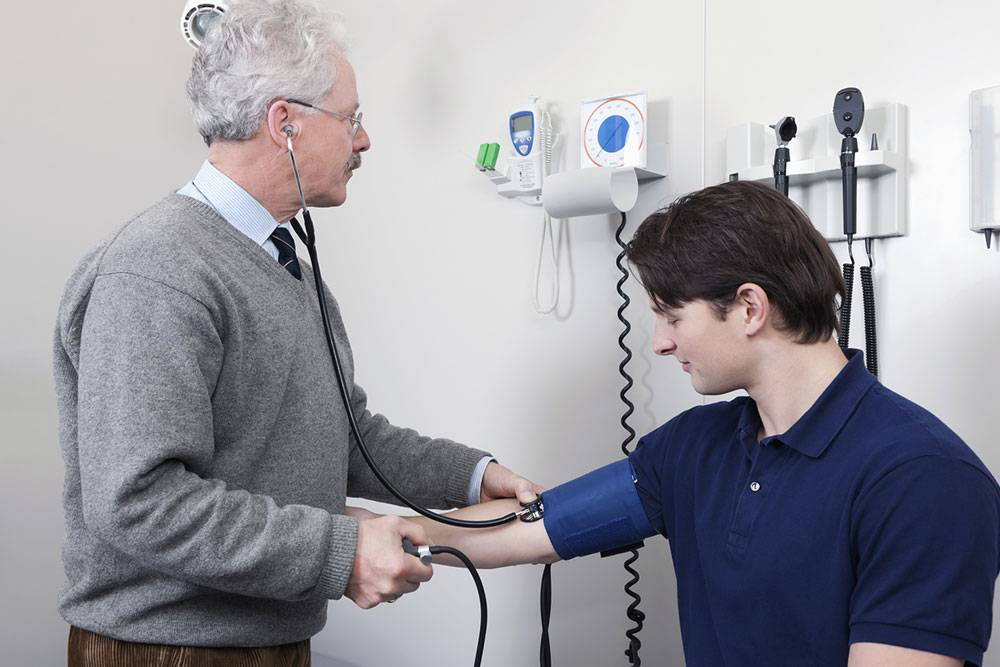Identifying the Essential Signs and Symptoms of Schizophrenia for Early Intervention
This comprehensive article explores the essential signs of schizophrenia, highlighting the importance of early detection and effective management. It covers symptoms like hallucinations, delusions, motor abnormalities, and communication difficulties. Understanding these indicators can lead to timely treatment, improving long-term outcomes for individuals affected by this complex mental health condition. The piece emphasizes reducing stigma and promoting awareness for better mental health support and intervention strategies.

Understanding the Critical Indicators of Schizophrenia
Schizophrenia is a profound and chronic mental health disorder that influences how individuals perceive reality, think, feel, and behave. It is characterized by a complex interplay of symptoms that can significantly impair daily functioning and quality of life. Recognizing the early signs of schizophrenia is vital for timely diagnosis and intervention, which can greatly improve prognosis and life outcomes. This comprehensive guide explores the key symptoms associated with schizophrenia, the importance of early detection, and the steps necessary for effective management and treatment.
Schizophrenia generally manifests during the late teens to early thirties, with symptoms often developing gradually or suddenly. The presentation of symptoms can vary widely among individuals, making personalized assessment essential. The disorder influences several facets of a person’s mental and physical health, leading to challenges in social, occupational, and personal domains. Awareness of the symptoms is crucial for caregivers, healthcare professionals, and individuals themselves to facilitate early diagnosis and intervention.
The hallmark symptoms of schizophrenia are diverse and often categorized into positive, negative, and cognitive symptoms:
Motor and Behavioral Abnormalities
Individuals with schizophrenia may exhibit motor disruptions characterized by unusual movements, agitation, or unusual postures. These behaviors can range from repetitive, purposeless movements to catatonia, which involves rigidity or complete unresponsiveness. Such motor irregularities can interfere with daily activities, making routine tasks difficult. People may also display impulsive actions or inappropriate gestures, which can be misunderstood by others and hinder social integration.
Perceptual Distortions and Hallucinations
One of the most recognizable symptoms involves hallucinations—perceiving sensations that are not actually present. Auditory hallucinations, such as hearing voices speaking to or about the individual, are the most common. Visual hallucinations, which involve seeing things that do not exist, can also occur. These perceptual distortions cause significant distress, confusion, and hostility, and are often a primary reason for emergency interventions in acute episodes.
Delusions and Fixed False Beliefs
People with schizophrenia often hold persistent false beliefs, known as delusions. These delusions can take various forms, including paranoid beliefs that they are being targeted, followed, or plotted against by others. Some believe they possess special powers or are being controlled by external forces. Such fixed false beliefs distort their perceptions of reality and heavily influence their reactions and interactions, often leading to paranoia or social withdrawal.
Speech and Communication Difficulties
Schizophrenia can impair communication skills, resulting in incoherent speech, disorganized thoughts, or 'word salad.' Individuals may struggle to maintain logical conversations, which hampers social interactions and increases feelings of isolation. These speech disturbances are often accompanied by flat affect or emotional withdrawal, further complicating effective communication.
Cognitive and Negative Symptoms
In addition to positive symptoms, individuals may experience negative symptoms such as diminished emotional expression, lack of motivation, diminished speech, and social withdrawal. Cognitive deficits can include difficulties in attention, memory, and executive functioning, which hinder learning and problem-solving abilities. Recognizing these less obvious but equally debilitating symptoms is essential for comprehensive assessment and treatment planning.
Early identification of schizophrenia symptoms is crucial for effective treatment. The sooner individuals receive appropriate care, the better the chances of managing symptoms, reducing relapses, and improving overall functioning. Treatment typically involves a combination of antipsychotic medications, psychotherapy, social support, and rehabilitation programs designed to help patients lead more stable and fulfilling lives.
Awareness and education about schizophrenia can reduce stigma and foster understanding within communities. Encouraging individuals to seek help at the first signs of trouble can prevent the progression of the disorder and lead to better health outcomes. Family support, early intervention programs, and ongoing medical care are the cornerstones of managing schizophrenia successfully.
In conclusion, recognizing the key signs of schizophrenia—ranging from motor disruptions and hallucinations to delusions and communication challenges—is vital for early intervention. With proper diagnosis and a tailored treatment approach, many individuals with schizophrenia can achieve improved symptom control and a higher quality of life.





